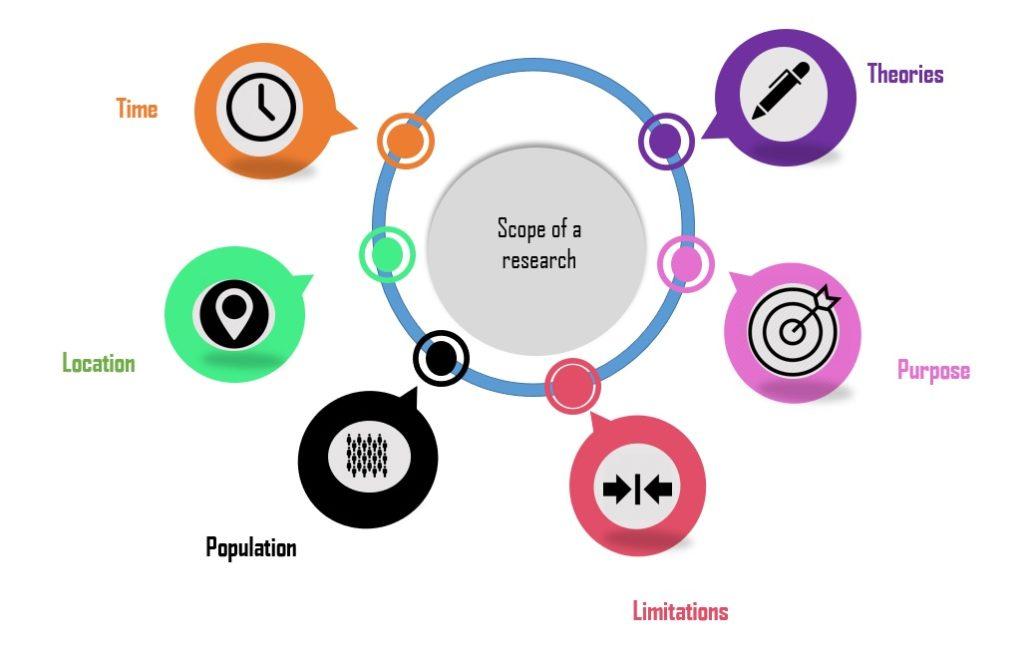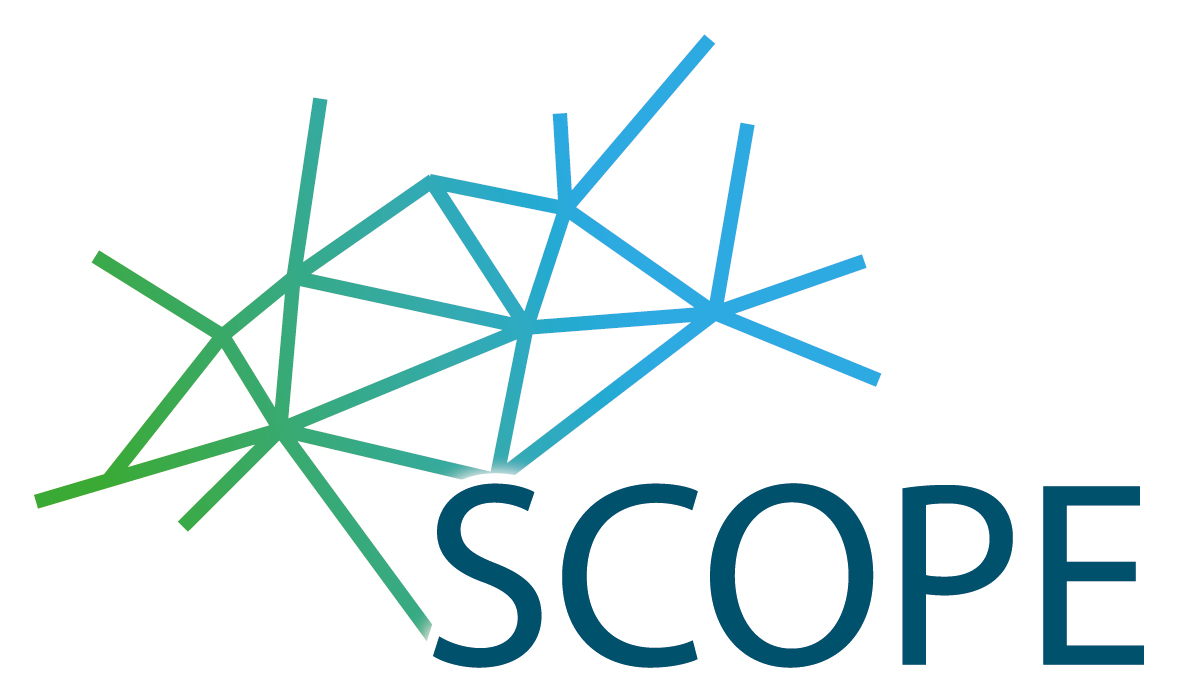Informations
Convenience
- Free of Cost Publishing
- Global Exposer
- Rigorous Peer Review
- Prompt Publishing
- Open Access
Plagiarism Policies
Plagiarism is the act of presenting someone else's work, ideas, or words as your own without
giving proper credit or acknowledgment. Plagiarism is considered unethical and is typically
prohibited by educational institutions, professional organizations, and publishing
platforms. To maintain academic integrity and promote originality, many institutions and
organizations have established plagiarism policies.
While I can provide general information about plagiarism policies, it's important to note
that specific policies may vary depending on the institution or organization. It's always
best to consult the official guidelines provided by your educational institution, employer,
or publishing platform to understand their specific policies and expectations regarding
plagiarism.
Here are some common elements that are often included in plagiarism policies:
Definition of plagiarism: Policies usually provide a clear definition of what constitutes
plagiarism. This can include copying someone else's work, using someone else's ideas without
proper citation, or submitting someone else's work as your own.
Types of plagiarism: Policies may identify different forms of plagiarism, such as verbatim
copying, paraphrasing without proper citation, self-plagiarism (submitting your own work
without proper citation), or using someone else's work in a collaborative project without
appropriate acknowledgment.
Consequences: Plagiarism policies typically outline the consequences of committing
plagiarism. These consequences can range from receiving a failing grade or academic penalty
for students, to disciplinary actions for employees, or even legal consequences in some
cases.
Proper citation and referencing: Plagiarism policies often emphasize the importance of
properly citing and referencing sources. This includes providing accurate citations for
direct quotes, paraphrased content, and ideas that are not common knowledge.
Plagiarism detection: Institutions may use plagiarism detection software or services to
identify instances of plagiarism. These tools compare submitted work against a database of
existing sources to check for similarities.
Education and prevention: Plagiarism policies often include educational initiatives to raise
awareness about plagiarism and proper citation practices. These may include workshops,
tutorials, or resources that help individuals understand how to avoid plagiarism.
It's essential to familiarize yourself with the plagiarism policy of your specific
institution, organization, or publishing platform and adhere to its guidelines to ensure
academic and professional integrity.


